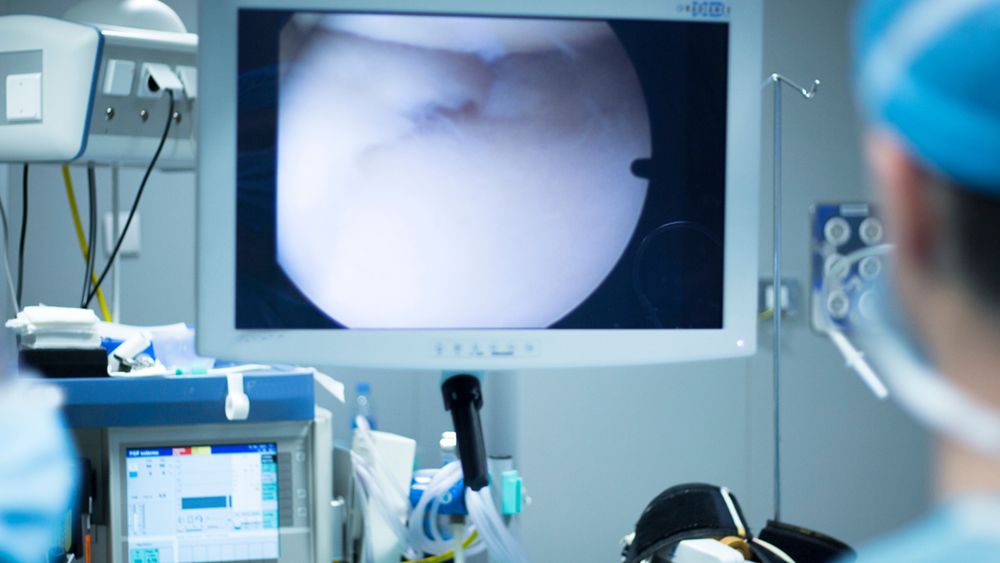

Facing orthopaedic surgery can be a big step. Whether it's a joint replacement or a procedure to repair an injury, most patients want to know: What can I do to help things go well?
The good news is there’s a lot you can do before surgery to improve your recovery and reduce complications. From getting physically stronger to quitting smoking, even small changes can make a big difference.
As an orthopaedic surgeon, I often talk with patients about how they can optimise their health before a procedure. Let’s take a look at some of the most important steps.
Prehabilitation—often shortened to prehab—refers to physical therapy and exercises done before surgery. Think of it as training for recovery.
For example, strengthening the muscles around the knee or hip before joint replacement can help with mobility after surgery. A physiotherapist can guide you through exercises that improve flexibility, balance, and muscle tone, tailored to your condition.
Studies have shown that patients who undergo prehab often:
It’s a simple concept, but it works: the better your condition going in, the smoother the recovery tends to be.
Carrying excess weight places extra strain on your joints—and it can also affect your surgery.
Being above a healthy weight is linked to increased risks during and after orthopaedic procedures. These may include infection, delayed wound healing, or implant wear over time.
That said, not everyone needs to reach their “ideal weight” before surgery. Even a modest weight loss—5 to 10 percent of your body weight—can make a noticeable difference.
Working with a GP, dietitian, or exercise physiologist can help you set realistic goals and adopt sustainable changes.
If you smoke, quitting before surgery is one of the most important things you can do for your recovery.
Smoking affects circulation and reduces the oxygen your body needs to heal. It also increases the risk of:
Ideally, you should stop smoking at least 4 to 6 weeks before your operation. Support from a GP, quitline, or pharmacist can help you manage cravings and stay smoke-free.
Conditions like diabetes, high blood pressure, and sleep apnoea don’t stop just because surgery is planned. In fact, they need careful attention.
Uncontrolled blood sugar, for instance, can increase the risk of surgical infections and impair healing. If you have diabetes, your GP or endocrinologist might work with you to bring your blood sugar into a safer range before surgery.
Likewise, managing other chronic conditions—like heart disease or lung disease—can reduce the risk of complications under anaesthesia and in the days after surgery.
This might be the most overlooked—but most important—part of surgical preparation.
Understanding what to expect can help reduce anxiety and improve satisfaction with your outcome.
Here are a few helpful truths to keep in mind:
Talking to your surgeon about what your recovery might look like can help set realistic goals and avoid frustration down the track.
Preparing for orthopaedic surgery isn’t just about the hospital. It’s about putting yourself in the best possible shape—physically and mentally—for the road ahead.
At the end of the day, recovery is a team effort. Your surgeon, GP, physiotherapist, and support network all play a part. But you are the key player.
By taking proactive steps before surgery, you give yourself the best chance for a smoother recovery and a stronger return to the life you love.
How long before surgery should I start preparing?
Ideally, you should begin preparing at least 4 to 6 weeks before your procedure. This gives you time to improve fitness, quit smoking, manage medical conditions, and complete pre-surgery appointments.
What if I can’t lose weight before surgery?
Even small improvements in your overall health can help. Focus on eating well, staying active within your limits, and avoiding high-risk behaviours like smoking. Your surgeon will assess the risks and benefits for your individual case.
Do I need to stop taking my medications before surgery?
Some medications—like blood thinners or certain supplements—may need to be paused. Your surgical team will provide detailed instructions, usually during your pre-admission clinic appointment.
Is prehab necessary for all surgeries?
While not mandatory, prehab is strongly recommended—especially before joint replacements. It’s particularly helpful for improving outcomes in patients with limited mobility, chronic pain, or poor fitness.
Can I still have surgery if my diabetes isn’t perfectly controlled?
Surgery may still proceed, but better blood sugar control lowers the risk of infection and complications. Your doctor might delay surgery slightly to help optimise your condition safely.